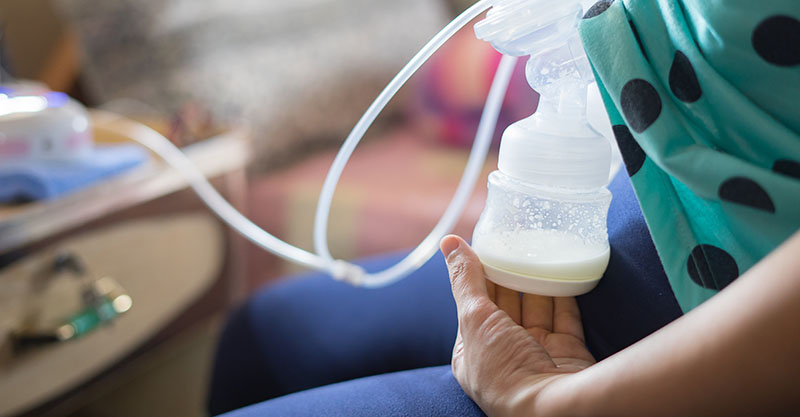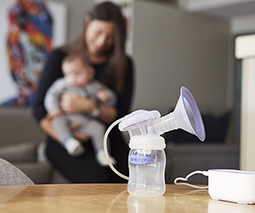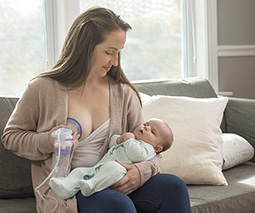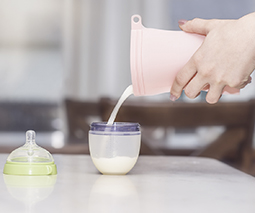No mothers’ rooms: Working mums forced to express in the toilet

Anyone who has ever had the experience of expressing breastmilk knows that unless you’re comfortable, the process can be nightmarish. Ditto if you’re feeling rushed, stressed or horror of all horrors – feel like you’re being watched.
Yet a recent UK poll found one in three women have been forced to use their workplace toilet to express breastmilk. Others have also claimed to have had to “throw out breast milk” because there was nowhere else to store it.
Which, given the time and effort required to get half a bottle of milk seems like the most horrible waste for everyone involved.
Read more about working mums:
- Smug blogger questions wisdom of working mums
- What do mums need to know about returning to work after baby?
- Returning to work after a break? Here’s how to be unstoppable
Giving up seems easier
According to the poll that surveyed 2000 mums (who’ve had a baby in the past five years), a further 30 percent have also said that thanks to the crappy conditions, they’ve had to stop expressing altogether, and much earlier than they wanted.
It’s hard not to blame them with stories like this.
One of the women surveyed, a 36-year-old pharmacologist, claimed to have sat in her car in the workplace car park and express because there was nowhere else to go.
While another tells the horror story of attending a meeting and lactating over her blazer and shirt and being “too embarrassed” to get up and leave.
Breastfeeding advocacy in action
Last year Rebecca Calisi wrote a fantastic piece for Scientific American magazine rallying against universally crappy mothers’ rooms, especially at conferences and workplaces.
An academic, Rebecca wrote of her endless frustration in trying to climb the corporate ladder, while still breastfeeding her two children in far from adequate conditions. She goes on to describe a scene that will feel familiar to many breastfeeding women: a mothers’ room at a prestigious conference she attended.
“Inside, I found three pop-up curtains. Within them was a standard conference chair, a changing table and a handful of extension cords strewn about. At a conference with one of the highest registration fees in my field, attended by tens of thousands of people, with hundreds of presentations on the science of maternal health, this is all the organization provided to support the lactation needs of their participants?”
“With clenched fists and flared nostrils, I closed my eyes and took deep breaths to calm down … I felt a maternal protectiveness for my sisters in science trying to stay afloat in a sea of inequity. At that moment, pushing fears aside of career retribution, I publicly called out the society hosting the conference and demanded better. I used social media as my megaphone, posting pictures of the paltry offerings for all to see. Other mothers, parents and allies responded, posting their own pictures, grievances and demands for change.”
It’s worth having the conversation
Rebecca’s advocacy paid off. Not only did the conference organisers replace the crappy chairs and dodgy cords, within an hour; Rebecca’s social media campaign fuelled the writing of another article for a prestigious science journal, listing all the things conference organisers could do to support the working mothers who attended.
Hooray for that.
As Rebecca points out, it took great courage to be the squeaky wheel on such an important issue, as she had worked so hard to secure her career.
But her story shows the value in at least trying to have a conversation with your workplace, and voicing your concerns when you return back to work and are still breastfeeding.
You never know who might have your back.









